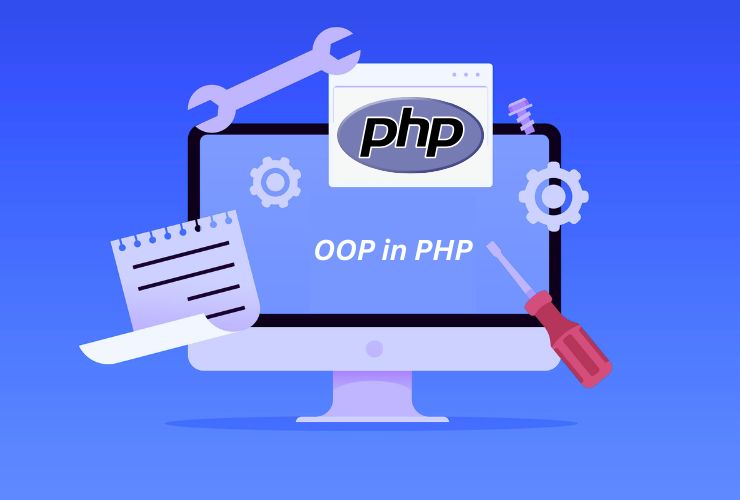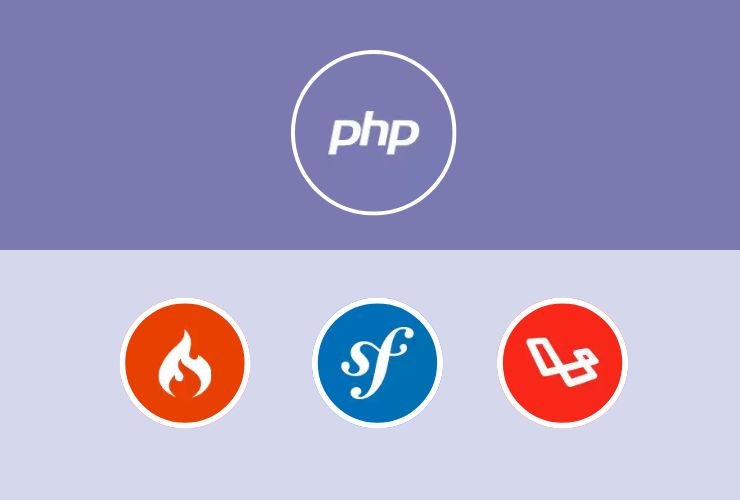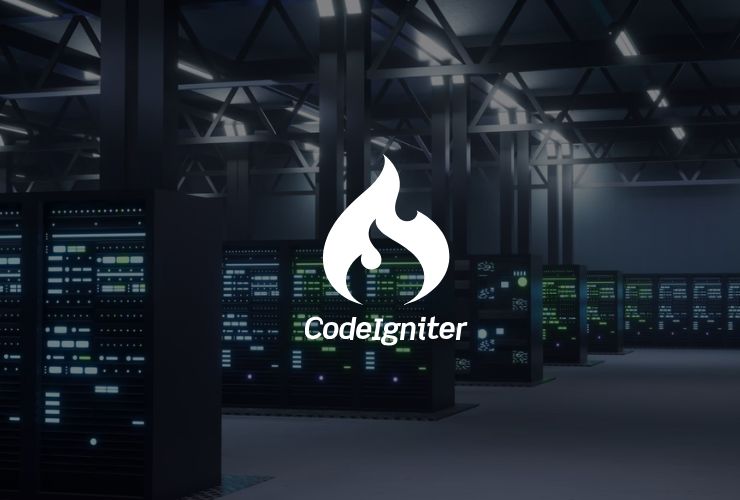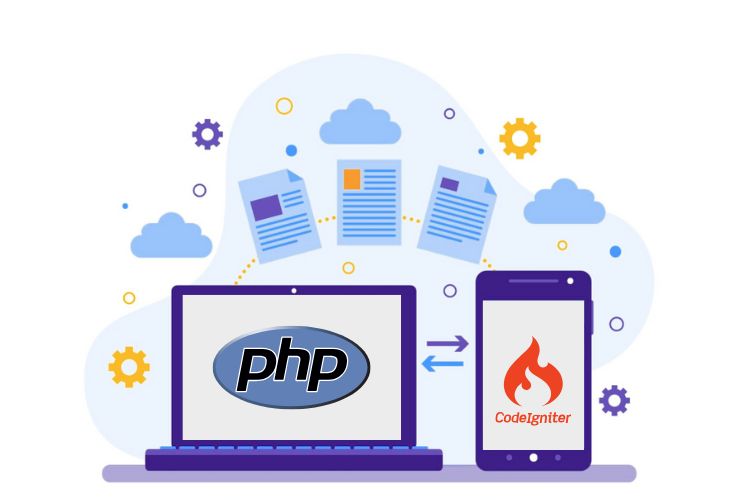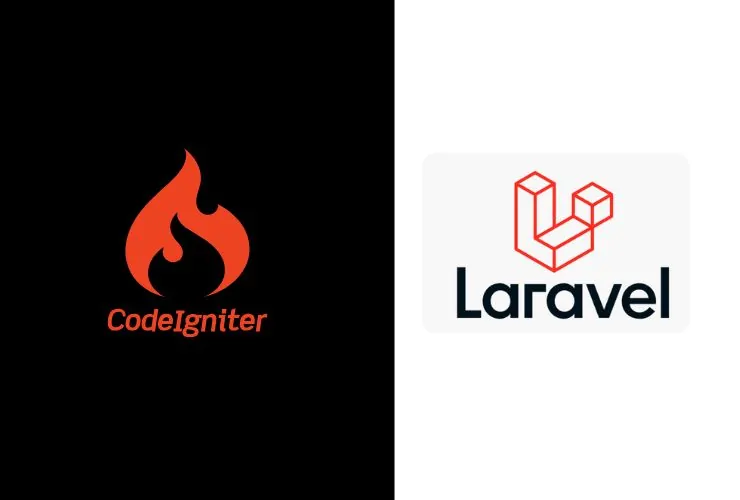Object-Oriented Programming (OOP) is an oriented programming paradigm for designing software in objects, or data, rather than functions and logic. PHP, as a cross-platform server-side scripting language, incorporated OOP features part of its syntax in version 5, enabling developers to write more modular, reusable, and maintainable applications.
What Is OOP in PHP
In PHP, OOP allows developers to define classes and create objects. Class is a template to create objects (instances) with object data and methods to work on the data. It makes code reusable and structured.
Basic OOP Principles in PHP
1. Classes and Objects
Class: A class is a blue print or template user-defined from which objects are created.
Object: An object is a class instance.
In PHP, you define classes using the class keyword and create objects with the new keyword. This lets you create multiple objects from a single class, each with its own properties and methods.
2. Encapsulation
Encapsulation bundles data with the operations performed on it and restricts direct access to certain parts of the object. Developers achieve this using access modifiers.
public: Accessible anywhere.
private: Only accessible in the class.
protected: Accessible in the class and for classes derived from that class.
By placing access control and manipulation of the data in objects into one location, encapsulation gives more structured and modular shape to code. Modifications and fixes to a class are often possible without having much impact on the rest of the application if the class’s public interface remains the same. This makes PHP applications more maintainable and extensible in the long run.
3. Inheritance
Inheritance allows a class to inherit properties and methods from another class. The subclass is the class inheriting, and the superclass is the inherited class. It improves code reuse and specifies a natural hierarchical structure among classes.
By inheritance, a new class can be defined as a customized version of another class. The new class inherits another class’s methods and attributes and can override or extend them as needed. This approach reduces code redundancy and facilitates maintenance.
4. Polymorphism
Polymorphism lets you treat objects of different classes as objects of a common superclass. It enables the same method to behave differently across classes through method overriding and interfaces.
Method overriding supplies a mechanism by which a subclass can return a specialized implementation for a method that already exists within its superclass. Interfaces define a contract that classes should comply with so that they are implementing known methods. Polymorphism brings flexibility and scalability to PHP programs.
5. Abstraction
Abstraction means concealing internal implementation details and revealing the necessary parts of an object. In PHP, developers use abstract classes and interfaces to achieve abstraction.
Abstract Classes: A single abstract class cannot be instantiated. It acts as a template for other classes.
Interfaces define a contract that classes must follow by specifying methods they must implement.
Abstraction minimizes complexity and allows programmers to focus on more abstract interactions. Abstraction also makes it easy to maintain a clean separation between interface and implementation, thereby making the code more maintainable.
Benefits of PHP OOP
- Modularity: The code is divided into classes and objects, thereby making it easier to handle.
- Reusability: If a class is coded once, many objects can be created using it.
- Maintainability: It is possible to change the code in one place, avoiding bugs.
- Scalability: OOP enables the creation of large applications.
- Security: Encapsulation and abstraction provide more security since they limit access to sensitive information.
Conclusion
Object-Oriented Programming in PHP is essential to modern web development. It produces more beautiful, effective, and maintainable code. By understanding the concepts of OOP like classes, objects, encapsulation, inheritance, polymorphism, and abstraction, developers can build robust applications that are easier to scale and maintain.

